Sydney Specialist Suites
670b Darling Street, Rozelle NSW 2039
Phone: (02) 8668 9601
Fax: (02) 8668 9602
North Shore Medical Group
Suite 303, 156-158 Pacific Highway, Greenwich NSW 2065
Phone: (02) 8668 9601
admin@northshoremedical.com.au
Nepean Vascular Institute
Suite 202, 1-9 Barber Ave. Kingswood NSW 2747
Phone: (02) 4732 2211
Fax: (02) 4732 3564
admin@nepeanvascular.com.au
Agios Health Specialist Medical Center
1 De Chair Ave., Springwood, NSW 2777
Shop 3/23 Hassal Street, Paramatta, NSW 2150
Phone: (02) 8608 2262
Fax: (02) 860 82263
admin@agioshealth.com.au
Need help now?
Make an AppointmentAbout
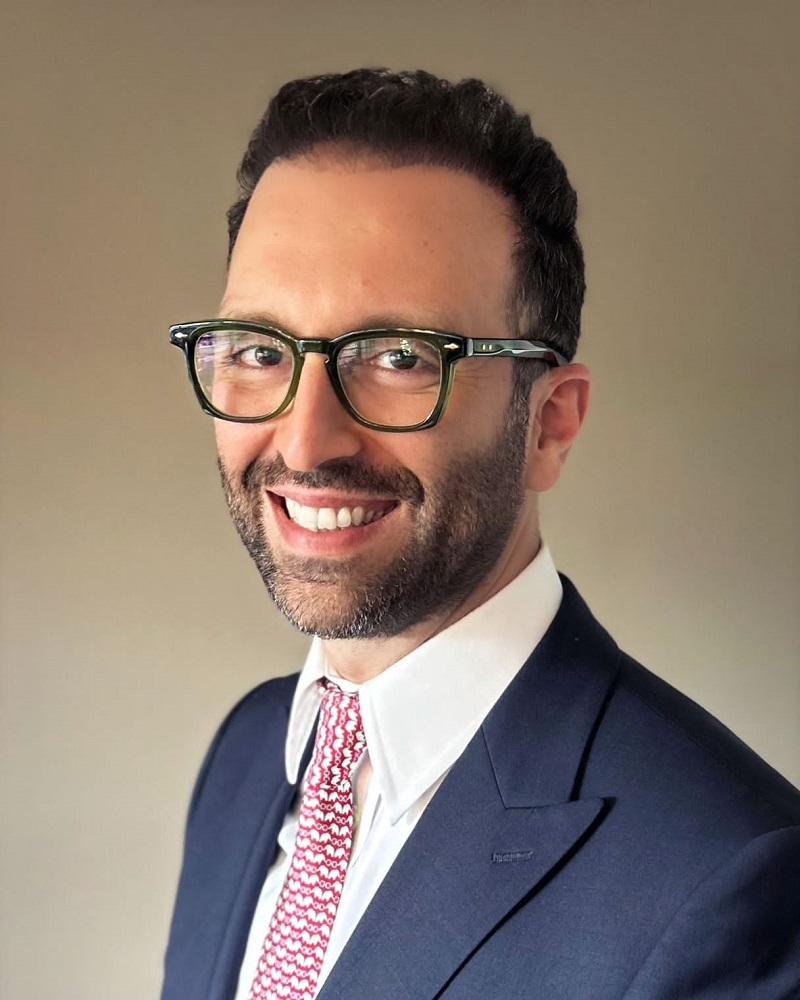
...
Dr Hajian is a Sydney-based vascular and endovascular surgeon. He is a member of the Royal Australian College of Surgeons and Australia and New Zealand Society for Vascular Surgery. Dr Hajian also has a PhD in vascular tissue engineering and designing new generation of biomaterials from the University of Sydney.
Hamid is an Australian trained vascular surgeon. As a specialist in vascular surgery, he is dedicated to providing high quality of care for patients with various acute and chronic conditions affecting the blood vessels and circulatory system. Dr Hajian has special interest in providing minimally invasive interventions for patients with peripheral vascular disease, varicose veins, aneurysms and those who need access surgery for dialysis or chemotherapy.
Dr Hajian is a vascular surgery consultant at Nepean hospital. He also has private clinical appointments at Macquarie University, Strathfield and Nepean private hospitals. He performs day procedures for patients with varicose veins at Sydney Skin and Vein Clinic in Chatswood.
Whether you are seeking treatment for venous insufficiency or more complex vascular conditions, Dr. Hajian will help you achieve a personalised medical and surgical care that meets your unique needs and goals.
Make an Appointment
Treatments
Venous Insufficiency
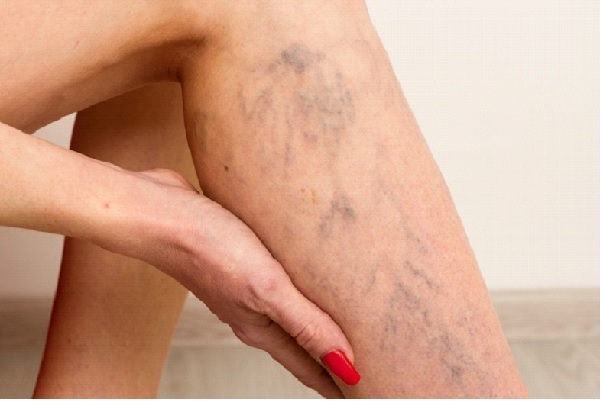
Varicose veins are caused by weakened valves in the veins that allow blood to flow backward and pool in the veins. Risk factors for developing varicose veins include age, genetic tendency for weak veins, being female, being overweight and standing for long periods of time. Treatment options for varicose veins range from lifestyle changes, such as exercise and compression stockings, to medical procedures, such as endovenous laser treatment (EVLT), radiofrequency ablation (RFA) and sclerotherapy. In some cases, surgery may be required to remove the affected veins.
Dr Hajian and his team offer a range of advanced diagnostic and therapeutic services including dedicated venous insufficiency ultrasound and less invasive laser and radiofrequency ablation and sclerotherapy. Our state-of-the-art facilities and technology, combined with his commitment to patient-centred care, make us well equipped to provide the best possible care for you. It is important to talk to us if you experience symptoms of varicose veins to determine the best treatment plan for you.
Peripheral Vascular Disease
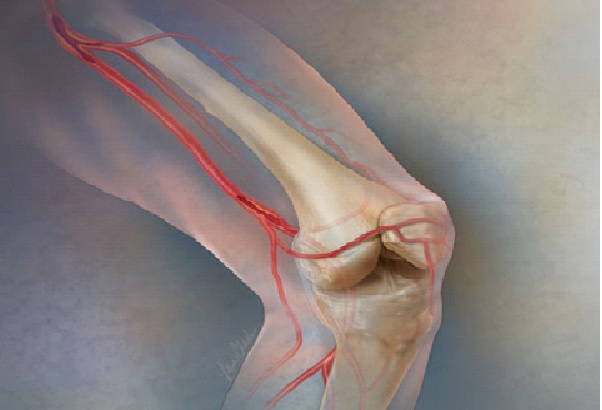
Peripheral Vascular Disease (PVD) can cause symptoms such as pain or cramping in the legs while walking, non-healing wounds or sores on the feet or legs and changes in the colour or temperature of the legs. Risk factors for PVD include smoking, high blood pressure, high cholesterol, diabetes, and a family history of the disease.
Early diagnosis and treatment are important to prevent PVD from becoming more serious and leading to complications such as gangrene or amputation. Treatment options for PVD include lifestyle changes, such as exercise and a healthy diet, medications to manage risk factors such as high blood pressure and cholesterol. In more severe cases, angioplasty or bypass surgery may be necessary. Dr Hajian can help you determine the best treatment plan for you based on the severity of your condition and other health factors.
Aneurysms
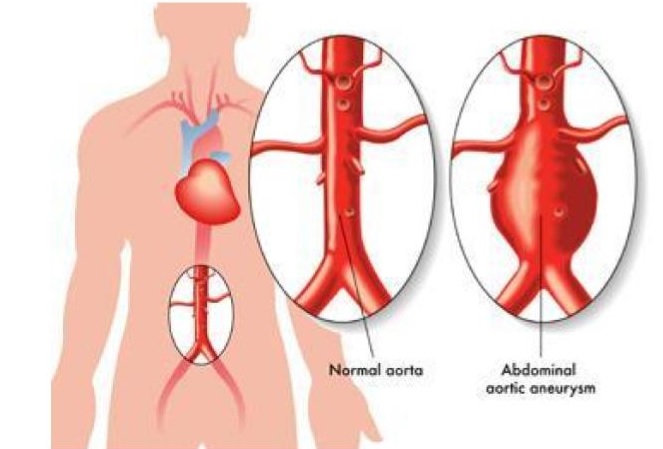
Aortic aneurysms can occur in different parts of the aorta in the chest and or abdomen. Risk factors for developing an aortic aneurysm include age, smoking, high blood pressure, family history of the condition, and certain genetic conditions such as Marfan syndrome. Most Commonly, aneurysms are found incidentally but symptoms of an aortic aneurysm may include back or abdominal pain, a pulsating mass in the abdomen, or a sudden, intense abdominal or back pain if the aneurysm ruptures.
Occasionally aneurysm can also occur in other arteries such as those in spleen, kidney or lower limbs. Treatment options for an aneurysm depend on the size and location of the aneurysm, as well as the overall health of the patient.
In some cases, medication and lifestyle changes may be recommended, while in more advanced cases, surgery may be necessary to repair or replace the affected section of the aorta. It is important to talk to your doctor if you experience any symptoms or have risk factors for aortic aneurysm to determine the best course of treatment for you.
Dialysis Access and Arteriovenous fistula
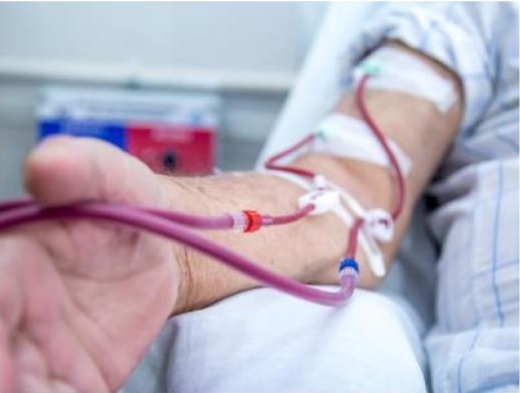
After the procedure, it is important for the AVF to mature for several weeks before it can be used for dialysis. During this time, patients should follow the care instructions provided by their healthcare provider to ensure proper healing.
AVFs are a common and effective form of access for dialysis, but it is important to discuss potential risks and benefits of the procedure, as well as alternative options for dialysis access, to determine the best choice for your individual needs.
Diabetic Foot
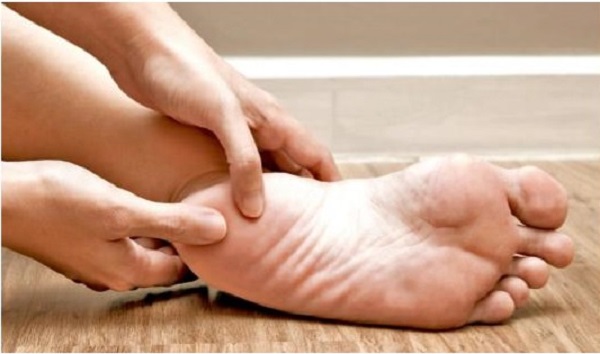
In the management of diabetic foot, a vascular surgeon plays an important role in identifying and treating any underlying vascular problems that may be contributing to the development or progression of the condition.
Dr Hajian and his team may perform diagnostic tests, such as an ankle-brachial index (ABI), duplex ultrasonography or CT scans to assess the blood flow in the legs and determine the extent of any circulation problems. If necessary, he may perform procedures, such as angioplasty or bypass surgery, to improve blood flow and prevent further complications.
In addition, Dr Hajian collaborates with other medical specialists such as wound specialist nurses, podiatrist or infectious disease specialist or orthopaedic surgeons to provide comprehensive and coordinated care for the patient with diabetic foot. It is important for patients with diabetic foot to work closely with their healthcare team to manage the condition effectively and prevent serious complications.
Carotid Disease
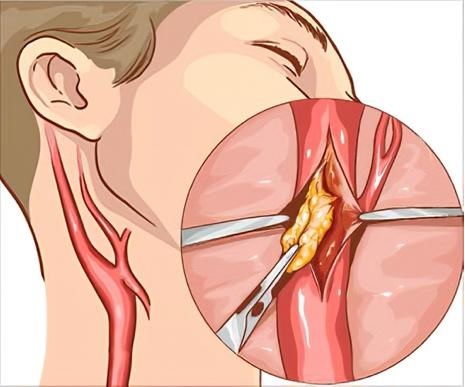
Carotid disease may not cause any noticeable symptoms in its early stages, but as the condition progresses, you may experience symptoms of stroke such as weakness or numbness on one side of the body, difficulty speaking or understanding speech, temporary loss of vision in one eye.
The treatment of carotid disease depends on the severity of the blockage and the patient's overall health. Your vascular surgeon may recommend one or more of the following treatments:
Lifestyle changes, medications such as blood thinners or cholesterol-lowering drugs or surgery. If the blockage is severe or have caused stroke, Dr Hajian may recommend surgery to remove the plaque build-up from the carotid arteries and restore blood flow to the brain.
Frequently Asked Questions
-
What conditions do vascular surgeons treat?
Vascular surgeons treat a wide range of conditions, including aneurysms in the chest or abdomen, peripheral artery disease (PAD), deep vein thrombosis (DVT), varicose veins, carotid artery disease and more.
-
What tests will I need to undergo?
The tests you will need depend on the specific condition being evaluated, but common diagnostic tests for vascular conditions include ultrasound, angiography, CT scan, MRI, and blood tests. Please inform us if you are allergic to iodine as some tests may require injection of contrast. Please bring the result of any imaging or blood test that you have had recently.
-
Will I need surgery?
Not all vascular conditions require surgery. Dr Hajian will discuss your treatment options with you and recommend the most appropriate course of action based on your individual case.
-
What is the recovery time for vascular surgery?
The recovery time for vascular surgery varies depending on the specific procedure and the individual patient. Your vascular surgeon will discuss what to expect in terms of recovery time and any restrictions on activity or lifestyle that may be necessary.
-
What can I do to prevent vascular disease?
Maintaining a healthy lifestyle that includes regular exercise, a healthy diet, and not smoking can help reduce your risk of developing vascular disease. Additionally, managing chronic conditions such as diabetes and high blood pressure can also help lower your risk.
-
Will I need to follow up with my vascular surgeon after treatment?
Yes, follow-up care is an important part of any vascular treatment plan. Dr Hajian will let you know how often you need to come in for checkups and any ongoing monitoring or surveillance scan that may be necessary.
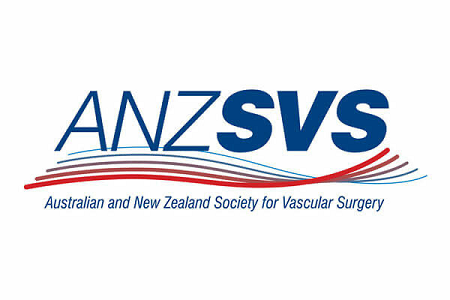
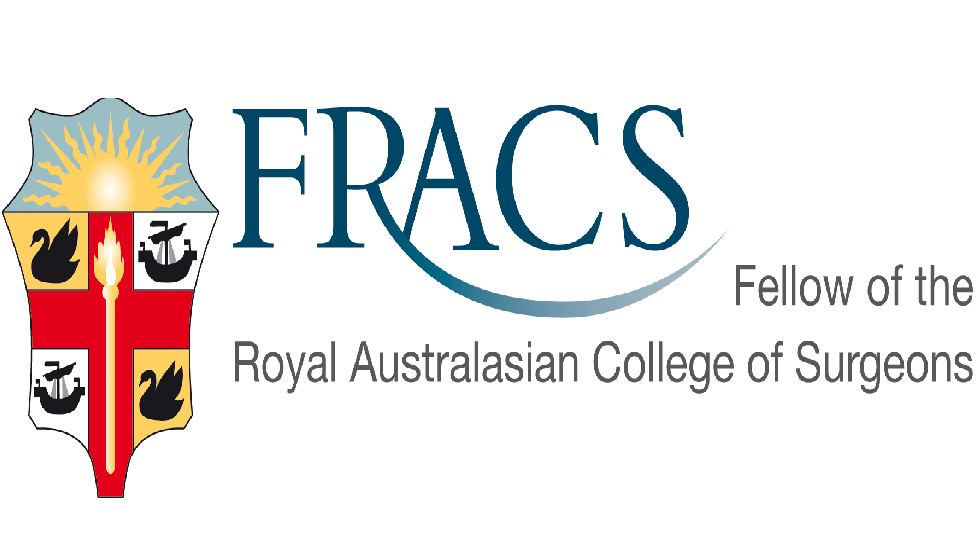
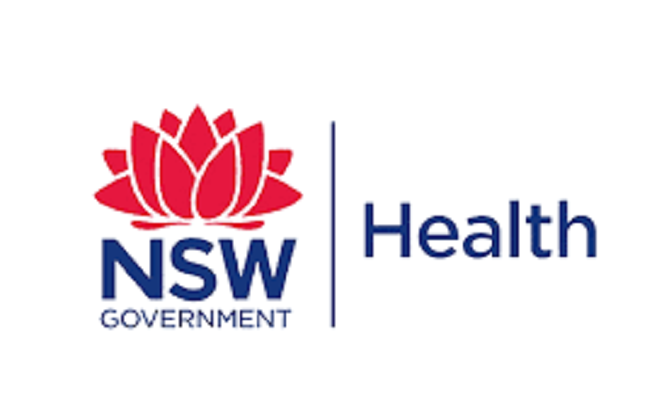

Contact
Call Us
Sydney Specialist Suites, Tel: (02) 8668 9601 Fax: (02) 8915 1330
North Shore Medical Group, Tel: (02) 8668 9601
Nepean Vascular Institute, Tel: (02) 4732 2211 Fax: (02) 4732 3564
Agios Health Specialist Medical Center, Tel: (02)8608 2262 Fax: (02) 8608 2263
